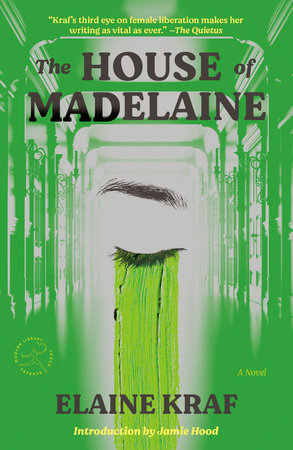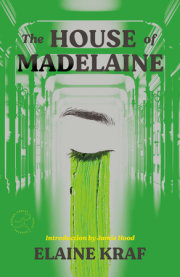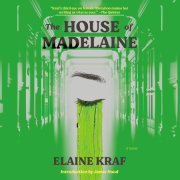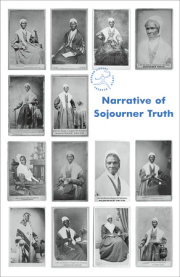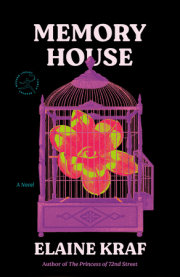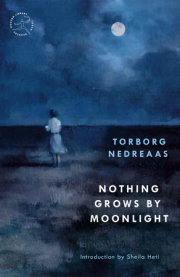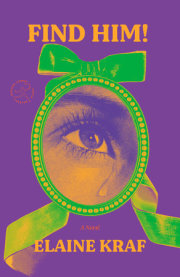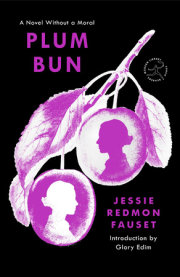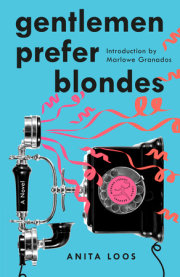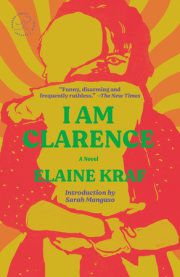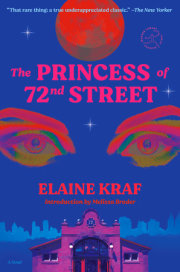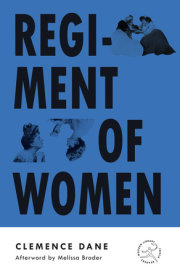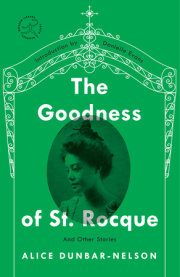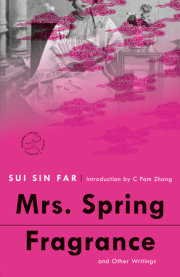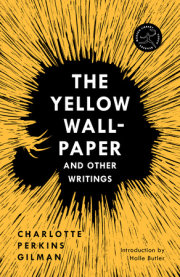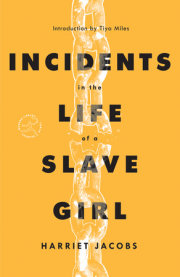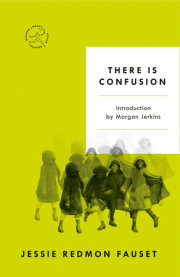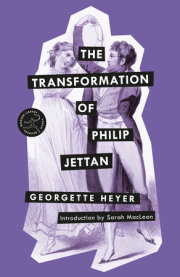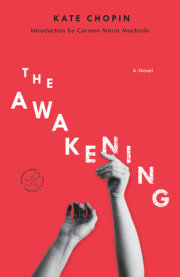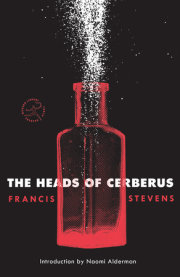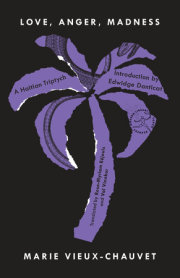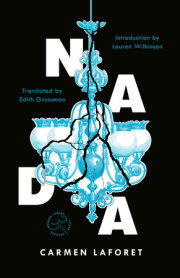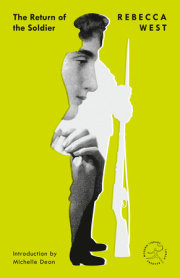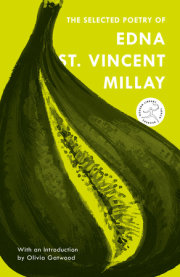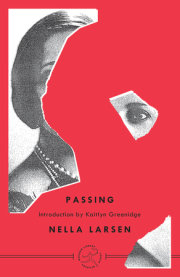The Magician Visits MeEveryone had coupled off, comfortably. Florence and Gerard were seldom seen in public. Except for sudden glimpses of Florence, in doorways, trying to contact her mother, and secret messages left by Gerard (which I could seldom get possession of), I lost contact with them. They stopped coming to our dinners. Joseph explained that under the circumstances it was best that way, thus I needn’t concern myself. I always believed Joseph. So I no longer worried about Florence.
Uncle Alfred, who I would no longer swear was Principal Blatt of P.S. X, and Hannah were constant companions. They were in the same room simultaneously, she reciting poetry, he inventing proverbs. Although there was not much direct communication, it was evident that there was a growing empathy between them. Their mutual joy was heightened by sharing rooms together. Hannah wrote her finest poetry during this period of her life. At our dinners she always offered her best poem of the day. We applauded heartily. Even Madelaine smiled or cried, as the poem demanded.
However, I observed in Madelaine a subtle but mounting anger at this pairing off. It was insulating important candidates against her attacks. We were less available for her conferences. She had to distribute her maps through secret channels, assuming that they arrived.
Her constant companion was Florence’s father, Sir Phalatrope. I knew that to a great extent my fate as well as Florence’s was in the hands of the magician. Therefore the influence he exerted over Madelaine was very important. But as far as I could discern, he liked her exactly as she was.
At bizarre, incredible hours, I heard them giggling, sharing jokes behind walled partitions. Or else they sat together in the endless green hall, playing chess or doing crossword puzzles. Occasionally I caught them shaking a paperweight and staring into it as white fluttered down the curves of the crystalline. Sometimes long white hairs adhered to the sleeves of her black satin dress. Or gold dust fell down between the crack of her enormous bosom.
Joseph left our room quite often, either through the floor panel to attend to preparations in the kitchen below, or through a doorway that led to the corridor. At first I thought that a vestibule separated me from that part of the house. But I discovered that the back of the headboard was adjacent to the back of the chair on which his mother sat. It was this exit he used to make his frequent visits to her. He visited her many times a day, more often than I liked. (I found squashed pansies stuck to the soles of his shoes. Or he blatantly placed one in the closed button of his shirt.) Sharing Joseph was one of the things I found hardest to become resigned to.
However, it was on one of Joseph’s urgent visits with his mother that I felt the full impact of the great Sir Phalatrope.
I was amusing myself, as usual, by trying on various costumes that appeared and disappeared from my closet. With regularity old ones were replaced by those that were brand new, or those I had worn a long time ago. I never understood the poverty of my choice. It puzzled me that among the hundred costumes, only two were labeled Small. (One of two choices is most difficult to make.)
On the day of Sir Phalatrope’s appearance, my choice was narrowed down to a feathery dress with a duck’s bill or a traditional witch’s gown.
The witch’s costume fit perfectly. It was made of satin-taffeta, not unlike the shimmering cloth of Madelaine’s dress. The hat was two feet high. I felt bold and hideous in this outfit and was laughing gleefully when a door opened in the back of the closet and the magician crawled from beneath costumes. He was wearing his purple cape and an old pair of faded green trousers. Underneath his arm was a package tied with red ribbon.
“I have brought blue a bleegen,” he said, seating himself on the floor. He was smiling as I tore it open. It was a large photograph of a house that I did not recognize.
“Thank you,” I said politely. “Should I remove my hat?”
“Og, og. Ig beleg been bly of witches. When I heard that a gugblye witch was leeging here, I bloughten keep away. Do blue bun the lone lion in bloom of the nin? I larved it long an ordinary front snail. As blue can bun, it has a boman’s leagts; a Chimaera, blue bligen dig. It bug a bleegen for my life on our ligth anniversary.”
“I don’t know this house.”
“The blunen blue don’t blegorine the nin is that the nilges have blewg so long that only the boog is visible. The fliggens are blef green and pansies blew in window lipens beneath. Eg is also a gon blye white horse in bloom of the boog. I larved it igle. It’s a hitching glot. Poolooged, in didn’t fog out in this shot. Eng, it’s the lost important thing.”
“But this door is rectangular and the brass knocker has a cat’s head. It couldn’t be this house.” I remembered the curved top of the gray door and the ordinary handle that Florence’s gloved hand had rested upon long ago.
My disbelief made him laugh. “Particularly to flitches and glitches, pones are not what they glibe. It gliggens them, of all peenin. But to magicians it’s gugblye that leg. I don’t blyt to fleeb what will blogen or flupe will be in any piggen ninet.” He laughed and seemed to want me to join in.
Obligingly I laughed.
“Og, og,” he roared. “Flitches aren’t supposed to be so dooglen. Blue are very biglouggeting.” He stared at me thoughtfully while stroking his beard. “Slot, I’m blyneeged du gleeven blue fluggen. Remember to glit this photolag shugged—what is in in, as lig as what is bleeged but. Eng, don’t be afloog to be a flitch or glogen a duck if blue blyt. Blue bun,” he said, shaking his head sadly, “she’s no glabben life for a magician, pelleg ligged, never changing, gonnun moving. ul slot . . .” He kissed my forehead and disappeared into the closet leaving gold dust sparkling on the rug. I lay on it and fell asleep.
I dreamed that Madelaine sat on a huge throne covered with gray and silver crescents. Sir Phalatrope knelt before her. Then he crowned her with a diadem such as the angels held over Mary in Joseph’s book of medieval painting. Ecstatic laughter came from both of them. He slid into her, lifting the turquoise silk above her knees. And the knees of Madelaine were young and smooth.
“Stop laughing.” It was Joseph bending over me, his white jacket stained with blood, either from the meat he was cooking or an operation he was performing. He held a surgical instrument. It looked familiar . . . but I couldn’t place it.
“Please don’t shout at me, Joseph,” I begged. He removed my witch’s hat and gave me a hypodermic of Sodium Pentothal. It made me relax.
“We are having a special event after tonight’s dinner,” I heard him say. The last thing I saw before the injection took full effect was the photograph of the house. I stared at its black, rectangular door. I thought of the invisible white horse upon whose back I would soon be carried away.
Copyright © 2025 by Elaine Kraf. All rights reserved. No part of this excerpt may be reproduced or reprinted without permission in writing from the publisher.

